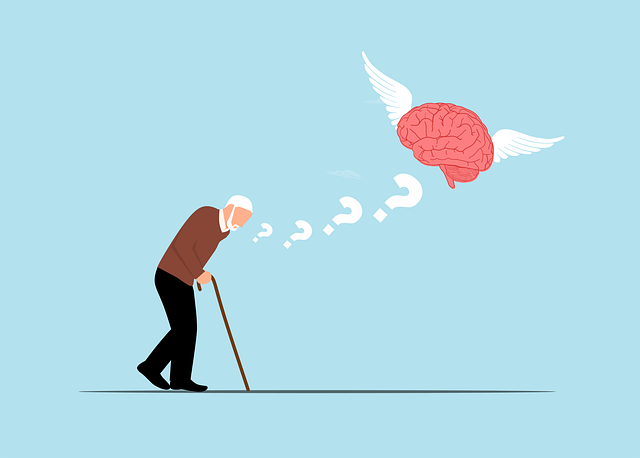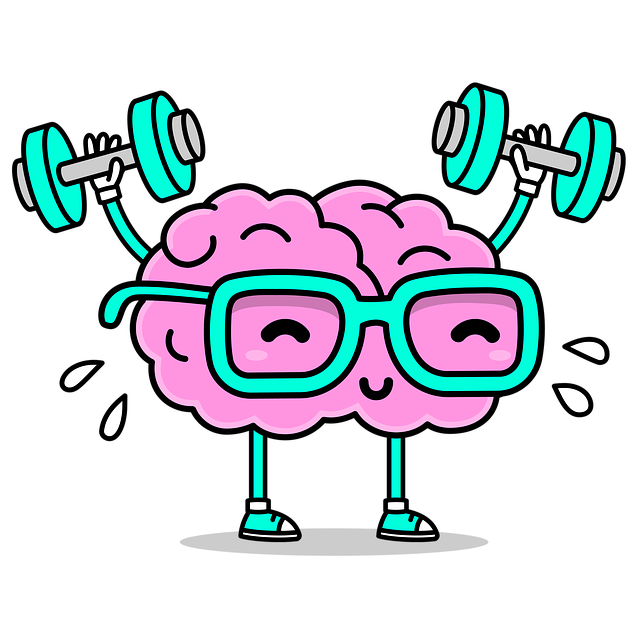Positive thinking exercises, integral to therapy for adolescent teens with chronic illnesses, empower them to build resilience and optimism. These techniques manage stress, anxiety, and depression linked to their conditions, enhancing overall well-being. Through workshops and mental wellness podcasts, these tools improve adherence to treatment plans, reduce healthcare provider burnout, and promote self-awareness through journaling, aiding in the replacement of negative thought patterns with constructive perspectives. Implementing simple practices like gratitude journaling and guided meditation sessions via podcasts significantly supports adolescent teens suffering from chronic illnesses.
Positive thinking exercises have emerged as a powerful tool in enhancing the well-being of adolescent teens grappling with chronic illnesses. This article delves into the transformative potential of such practices, exploring their role in therapy and offering practical strategies for implementation. By understanding the benefits of positive thinking, professionals can better support teens, fostering resilience and improving their overall quality of life. We provide insights into effective methods to integrate these exercises into therapeutic routines tailored to young patients’ unique needs.
- Understanding Positive Thinking Exercises for Teens with Chronic Illness
- The Benefits of Incorporating Positive Thinking in Adolescent Therapy
- Practical Strategies to Implement Positive Thinking Exercises
Understanding Positive Thinking Exercises for Teens with Chronic Illness

Positive thinking exercises are valuable tools designed to empower teens with chronic illnesses to navigate their health journeys with resilience and optimism. These exercises go beyond mere positivity; they are therapeutic techniques that can help young individuals manage stress, anxiety, and depression associated with living with a chronic condition. For adolescents facing the challenges of a serious illness, learning to reframe thoughts and focus on positive aspects can be transformative.
Therapy for adolescent teens with chronic illnesses often incorporates these exercises into a holistic approach to healthcare. Workshops and mental wellness podcast series production have emerged as effective platforms to teach stress management techniques tailored to this demographic. Burnout prevention strategies for healthcare providers also emphasize the importance of equipping teens with tools to cultivate positive thinking, which can enhance their overall well-being and adherence to treatment plans.
The Benefits of Incorporating Positive Thinking in Adolescent Therapy

Incorporating positive thinking exercises into therapy for adolescent teens with chronic illnesses can significantly enhance their overall mental wellness. By fostering a mindset focused on optimism and gratitude, therapists enable young individuals to develop crucial coping skills that prove invaluable in managing the emotional challenges associated with living with a long-term health condition. This approach not only improves their ability to navigate the complexities of their illness but also empowers them to maintain a sense of control and purpose, which is essential for navigating the hurdles that often accompany adolescent development and chronic disease management.
The benefits extend beyond mood management; positive thinking exercises offer guidance in journaling as a tool to track thoughts and emotions, promoting self-awareness and reflection. This practice allows teens to identify negative thought patterns and replace them with more constructive and realistic perspectives. As a result, they gain valuable insights into their emotional responses, strengthening their resilience and overall coping skills development, which is particularly beneficial for adolescents navigating the complexities of their chronic illness.
Practical Strategies to Implement Positive Thinking Exercises

Implementing positive thinking exercises into daily routines can be a transformative process for adolescent teens navigating chronic illnesses. Start with simplifying practices like gratitude journaling, encouraging them to reflect on and write down three good things that happened each day. This emotional healing process strengthens their ability to focus on positives, fostering mental wellness even amidst challenges.
Integrate these exercises seamlessly into their lives; for instance, use mental wellness podcast series production as a tool to guide meditation or mindfulness sessions. These podcasts often offer practical strategies and techniques tailored for teens, helping them learn emotional regulation skills that can be applied throughout the day. Regular practice of such exercises not only enhances resilience but also empowers teens to actively participate in their own therapy, contributing to improved overall well-being.
Positive thinking exercises have proven to be a valuable tool in enhancing the well-being of adolescent teens with chronic illnesses. By integrating these practices into therapy sessions, healthcare professionals can empower young individuals to navigate their challenges with resilience and optimism. Through practical strategies that are both accessible and engaging, therapists can support adolescents in developing a positive mindset, ultimately improving their overall quality of life. This approach offers a promising pathway towards fostering emotional wellness and resilience in the face of chronic health conditions.














